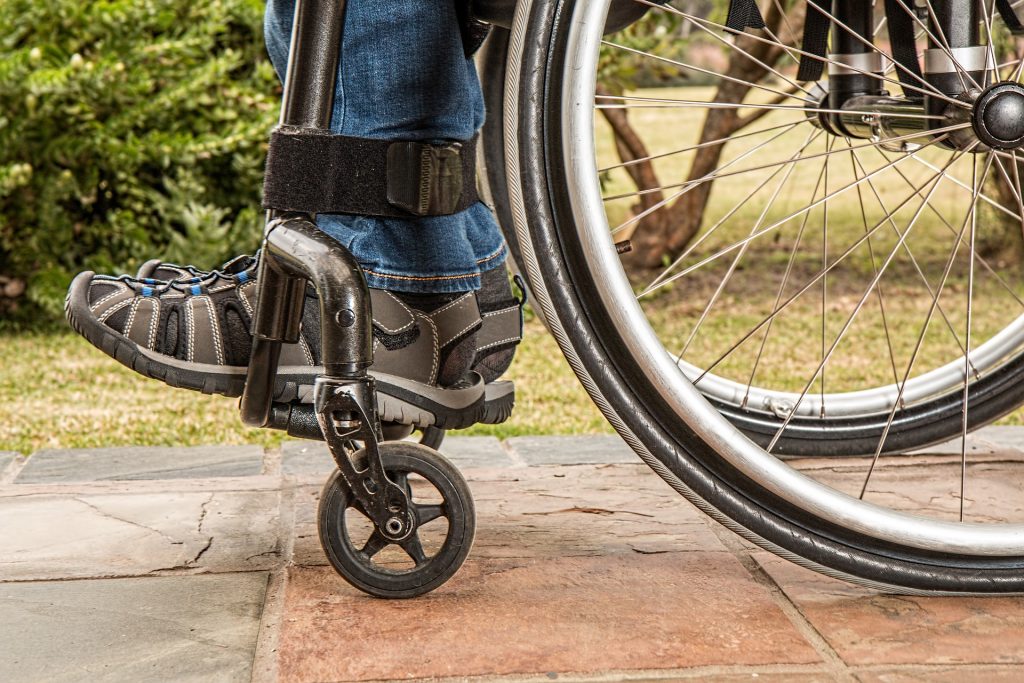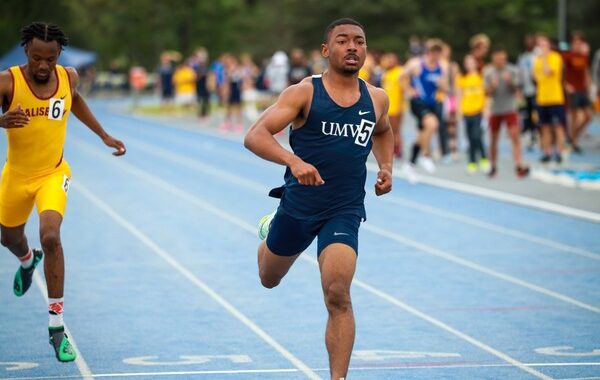Ability to access campus denied to disabled students
3 min read
Pixabay
By ASHLEY RIGGLESON
Disabled students attending the University of Mary Washington know that, in some ways, accommodations on campus are sorely lacking. While I have never had issues with academic accommodations and have always found my professors to be very understanding about disabilities, campus is often physically impossible to navigate for students with mobility impairments.
I am one of a small population of wheelchair-users on campus, and I have found that outcampus, like the world at-large, is constructed to suit the needs of able-bodied individuals. Classrooms, for example, are often too small for me to easily navigate with my wheelchair. This issue, I am aware, is one that would be difficult to fix, but there are a host of other problems that, I think, could be fixed quite easily.
Using the bathroom in academic buildings, for instance, is quite a challenge because the doors are not propped open. Kind-hearted students have often helped me by holding the door open when I go in, and yet, there are instances when people have left, and I have been unable to exit the restroom. The lack of accommodation in regards to this issue is quite appalling, considering how easily the problem could be fixed.
Equally problematic for me is the fact that, at times, classrooms are arranged in such a way as to disenfranchise disabled students. I am currently taking a class in Combs 139, a room that, as many students know, is a tiered lecture room with dim lighting. The way the room is set up offers no hindrance to learning for the able-bodied student. Yet, for me, learning is almost impossible. People who have had class with me know that each class I attend has an adjustable table that is made to suit my wheelchair so that I can easily take notes during lessons.
In Combs 139, the table is placed in such a way as to make it impossible for me to see the screen teachers pull down in order to give presentations. Unfortunately, the desk only fits in that part of the classroom, and I would argue that this classroom should not be used for lessons if even one student has a mobility impairment. Instead, classes should be moved to an alternate space.
I have also had difficulties attending office hours. I am an English major, and while professors in that department have made accessing the offices very easy for me, lack if accessibility continues to be a problem when I am taking classes in other departments. I am currently taking a class in Trinkle and my professor’s office is located in the basement. The easiest way to get to his office is requires going down a set of steps, a thing that is impossible for me. The impossibility of reaching his office in the normal way forces me to reach his office by going through a classroom, and when class is in session, I have been forced to interrupt so that I may come through. To do this is quite embarrassing for me, although this is another problem that would be difficult to fix.
I think the university should be more disability conscious when planning construction in the future. The UMW community is largely a population that is accepting of differences, and I would like to see a campus that physically reflects this attitude.











